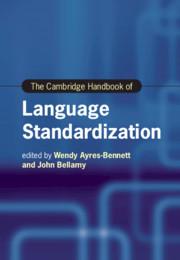Throughout the mid-20th and early 21st centuries, Central American writers, in and outside of the isthmus, have written in response to political and social violence and multiple forms of racial, economic, gendered, and other oppressions, while also seeking to produce alternative social imaginaries for the region and its peoples. Spanning the civil war and post-war periods and often writing from the space of prolonged and temporary diaspora as exiles, sojourners, and migrants, in their respective works, writers such as Claribel Alegría, Gioconda Belli, and Martivón Galindo have not only represented the most critical historical moments in the region but moreover transfigured the personal and collective social woundings of Central America into new signs and representations of the isthmus, often from other sites. Read together, their texts offer a gendered literary topography of war, deterritorialization, and reterritorialization and imagine other “geographies of identities” as suggested by Smadar Lavie and Ted Swedenburg for post-conflict, diasporic societies. These writers’ work is testament to the transformative and transfigurative power of women’s writing in the Central American transisthmus.


